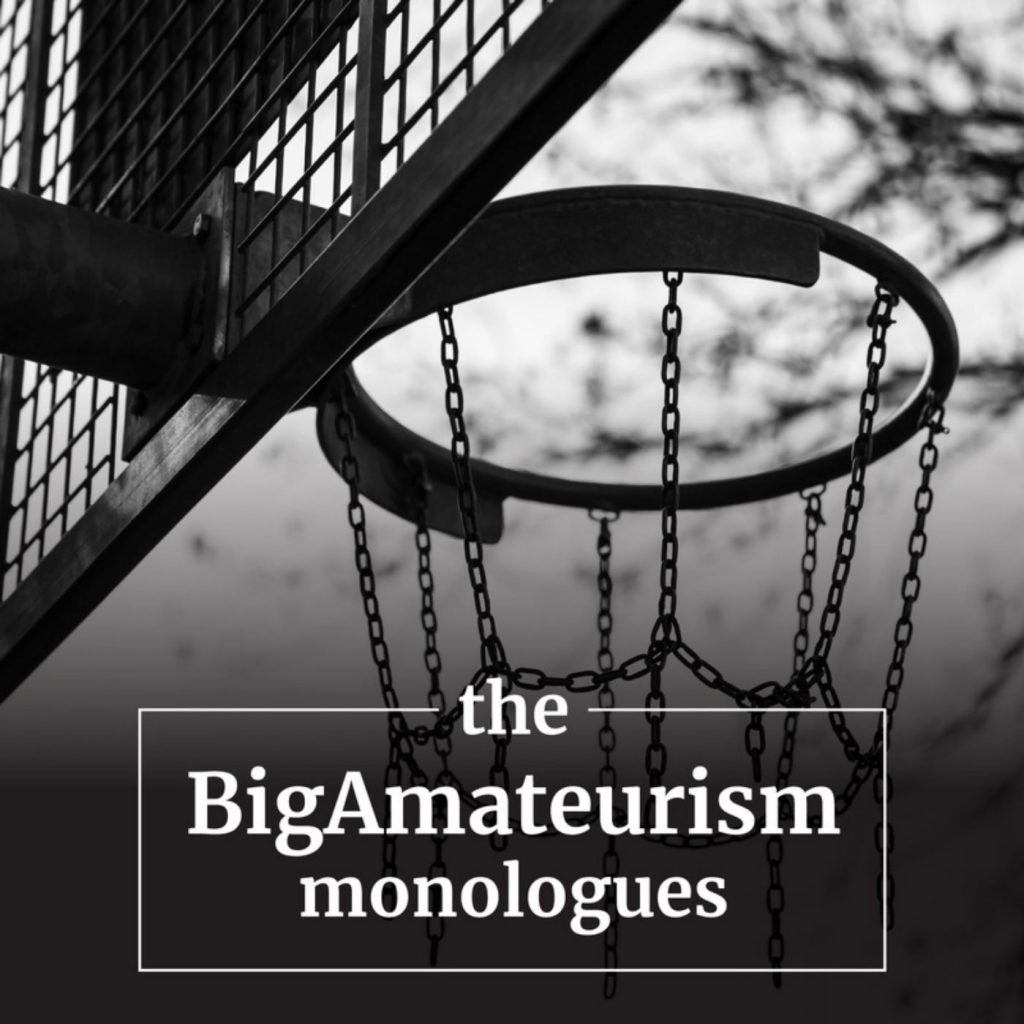Episodes
In a Sportico opinion piece this morning, Syracuse professor and faculty athletics representative Rick Burton argued that college sports need a Churchillian savior. Burton concludes that “21st century realities mean an empire of athletic enterprise is under siege, and a visionary hero might come in handy.” Burton’s Churchill shortlist is Ohio State athletics director Gene Smith, Big East Commissioner Val Ackerman, former Secretary of State Condoleezza Rice, and a Silicon Valley billionaire. Burton’s quixotic quest for a college sports messiah rests on false NCAA/Power 5 narratives. This episode discussed the ease with which in-system stakeholder-beneficiaries insinuatemisleading narratives into the public consciousness to obscure the failure of presidential leadership that has defined the voluntary regulation of college sports for decades.
The voluntary regulation of college is in an unprecedented power vacuum. The NCAA Division I Board of Director’s Transformation Committee will decide the future of voluntary regulation and likely the future of college sports. Perhaps the most pressing issue for the Transformation Committee is how it sees its regulatory authority on athlete compensation limits, whether through the lens of traditional “amateurism” or the new Constitution’s “Collegiate Student-Athlete Model.” This episode discusses the current state of the NCAA’s/Power 5’s amateurism dilemma. Using Brent Kavanaugh’s concurring opinion in Alston as a template, I analyze what amateurism means in 2022 and the likely pathways forward for both institutional and athlete interests.
March Madness is in full swing. The NCAA and its corporate sponsors are set to make a killing in New Orleans. But the Madness of the Division I men’s basketball tournament pales in comparison to the broader college sports chaos narratives that in-system stakeholder market participants are spinning for public consumption. From deregulated NIL to the impact of the Alston ruling, to the power vacuum in the voluntary regulation of college sports, to CFP expansion talks, to continued fallout from the 2017-2018 college basketball “scandal,” to the quiet normalization of betting interests in college sports, BigAmateurism’s mighty media megaphones are working overtime to spread the word that the chaos in college sports is unsustainable. This episode explores how portrayals of the college sports chaos theory suggest solutions that are more aligned with protecting institutional and corporate interests than with protecting the interests of revenue-producing athletes whose labors underwrite the entire industry.
In this episode, I indulge some nostalgia and reflect on Coach K’s historic 42-year career as Duke’s head basketball coach. His success and influence shouldn’t be measured solely by wins, losses, championships, All-Americans, and gold medals. Perhaps Coach K’s most significant legacy is his loyalty to the institutions that shaped his life and career. The principles of Duke’s original motion offense—balance, readiness, communication, purpose, and adaptability—are an apt template for the personal characteristics that have made Coach K the best coach in the history of college basketball. Also important in the rise of Duke basketball under Coach K were external influences early in his career, including the launch of ESPN, the US Supreme Court’s 1984 decision in Board of Regents, Duke’s 1979 Retrenchment Plan, and the advent of the US News and World Report rankings. I also discuss Coach K’s transition from his first three years to his breakthrough season in 1983-84 and two milestone events in that season—one of which has received little attention.




